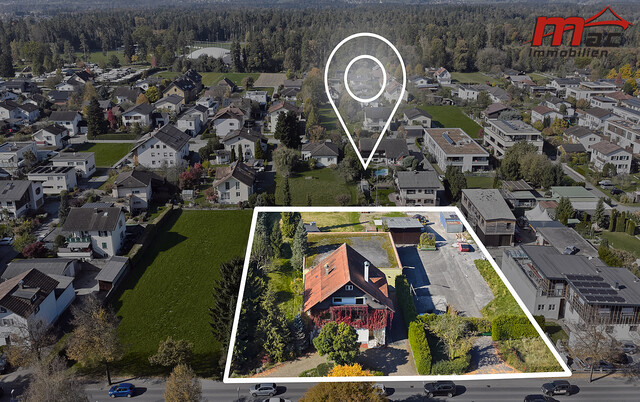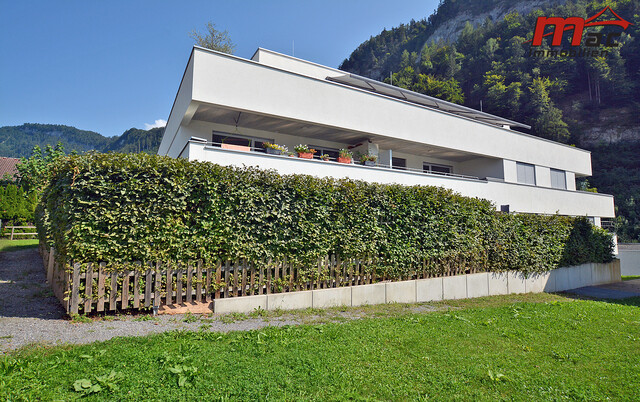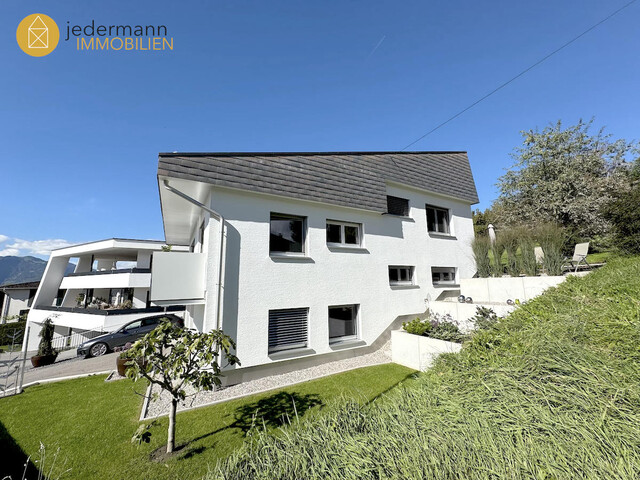Discriminatory and Unconstitutional: Criticism of the Planned Headscarf Ban Grows Louder
The black-red-pink federal government plans a headscarf ban for girls up to the eighth grade. Unlike the ban in primary schools decided under the black-blue coalition, the law is supposed to withstand the Constitutional Court (VfGH) this time, as Integration Minister Claudia Plakolm (ÖVP) emphasized just on Monday. However, numerous legal concerns are raised in the comments on the draft, including from the Ministry of Justice. NGOs fear more discrimination against young Muslim women.
VfGH Already Overturned Headscarf Ban in 2020
In 2020, the VfGH overturned a headscarf ban in primary schools decided by the ÖVP-FPÖ government under Sebastian Kurz (ÖVP). The regulation decided in 2019 targeted only Muslims, which contradicted the state's mandate of religious neutrality, the VfGH criticized at the time. In the current draft law, whose review period ends today, Thursday, attempts are made to address the VfGH's previous concerns, as the Ministry of Justice admits. But not only there, it is assumed that the draft in its current form would again fail the principle of equality.
Focus Again on a Single Symbol
The ban once again exclusively targets the Islamic headscarf. This time, it is restricted to wearing the headscarf as an "expression of a cultural behavioral obligation." However, according to the Ministry of Justice, there is no clear definition in the law text or the explanations, making punishment difficult. The justification for the ban is also too vague, as there is no reliable number of those affected.
In addition to various NGOs and religious communities, the Austrian Bar Association (ÖRAK) also sees legal problems. The "fundamental rights concerns" are the same as with the headscarf ban overturned by the VfGH in 2020, and the justifications in the current draft law are "empirically not substantiated in any way." The ÖRAK also misses clear definitions: It is unclear whether the ban should apply only in class, generally on school grounds, at school-related events, or even on the way to school, which would "significantly" complicate sanctions through administrative penalties.
Lawyers and the Equal Treatment Advocacy (GAW) also find it problematic that the planned "Federal Law to Strengthen the Self-Determination of Minor Girls in Schools by Introducing a Headscarf Ban" should apply up to the eighth grade and thus sometimes also for 15-, 16-, or 17-year-olds. From the age of 14, young people are religiously mature, and the ban would thus violate their religious freedom. Furthermore, parents would be liable for behavior over which they have no influence.
ÖVP for Decision with Two-Thirds Majority
The SPÖ Burgenland insisted on introducing the headscarf ban in any case. "Should the ban not hold again and be overturned by the Constitutional Court, we demand the adoption of such a ban with a two-thirds majority in the National Council, so that the law attains constitutional status," explained club chairman Roland Fürst in a statement. He attributed the overturning of the ban decided by ÖVP and FPÖ in 2019 by the VfGH in 2020 to the "amateurism" of the then federal government.
The ÖVP wants to pass the ban immediately with a constitutional majority: "We want to send a strong signal with a two-thirds majority in the National Council, which places this principle of freedom above any party-political line," said Integration spokesperson Ernst Gödl, surpassing Fürst's initiative. Anyone who seriously supports the headscarf ban should also be willing to secure it legally.
IGGÖ Sees Contradiction to State Neutrality
The Islamic Religious Community (IGGÖ) sees the planned law in "blatant contradiction" to religious freedom, equal treatment, and the parental right to religious education. A specific population group is being discriminated against here, religiously dressed schoolgirls would be effectively excluded from regular classes or brought into conflict with their religious beliefs. The assessment of whether wearing a headscarf is an expression of "honor" or "coercion" is also not compatible with state neutrality.
The Bishops' Conference is against children having to wear headscarves in school, but also speaks out against a ban. This would be disproportionate and could lead to girls resorting to home schooling, increasing division and prejudice. The Protestant Church sees the present law as "primarily symbolic politics, aimed at the electorate and against Muslims." The Council of Free Churches identifies "one-sided discrimination."
Headscarf Ban for NGOs Not a Means for More Self-Determination
The idea of the law to promote self-determination, equality, and visibility of girls is explicitly welcomed in the statements of many institutions. However, the headscarf ban is not the right measure for this. Instead, the children would be stigmatized, warns the Association of Cities, which fears that girls in particularly patriarchal families could completely disappear from schools and thus from public life. The Catholic Women's Movement of Austria (kfbö) even sees the planned law as a restriction of self-determination, as the affected girls would no longer be able to decide about their bodies and identities.
NGOs like Amnesty International (AI) or the Federal Youth Representation (BJV) also criticize the government's assumption that girls are necessarily forced to wear the headscarf. Muslim women are denied any self-determination, says AI, and a state headscarf ban could further fuel the already growing Islamophobia in Austria. According to the Equal Treatment Authority, such a development already occurred with the first ban in 2019.
Psychologists and Compulsory School Teachers Support Headscarf Ban
The BJV is also against reducing problems like the radicalization of young people through social media to the symbol of the headscarf. Instead, media literacy and prevention work should be promoted to strengthen girls' self-confidence and dissolve patriarchal role models - and not just with a focus on Islam.
The planned ban is viewed positively by the Professional Association of Austrian Psychologists (BÖP), as it is a "contribution to a free and self-determined development." The state is constitutionally obliged to promote equality between men and women and to prioritize the welfare of the child - and this can lead to tensions in school with religious and culturally motivated parental rights.
The compulsory school teachers' union, led by the ÖVP-affiliated Christian Unionists (FCG), also welcomes the draft in its aim to strengthen the self-determination of schoolgirls. However, there should be no "additional burdens" for schools. On the other hand, the SPÖ-affiliated teachers have criticized the law as a "blatant misjudgment of the issue," bringing additional burdens while other urgent problems are neglected.
(APA/Red)
This article has been automatically translated, read the original article here.
Du hast einen Hinweis für uns? Oder einen Insider-Tipp, was bei dir in der Gegend gerade passiert? Dann melde dich bei uns, damit wir darüber berichten können.
Wir gehen allen Hinweisen nach, die wir erhalten. Und damit wir schon einen Vorgeschmack und einen guten Überblick bekommen, freuen wir uns über Fotos, Videos oder Texte. Einfach das Formular unten ausfüllen und schon landet dein Tipp bei uns in der Redaktion.
Alternativ kannst du uns direkt über WhatsApp kontaktieren: Zum WhatsApp Chat
Herzlichen Dank für deine Zusendung.








